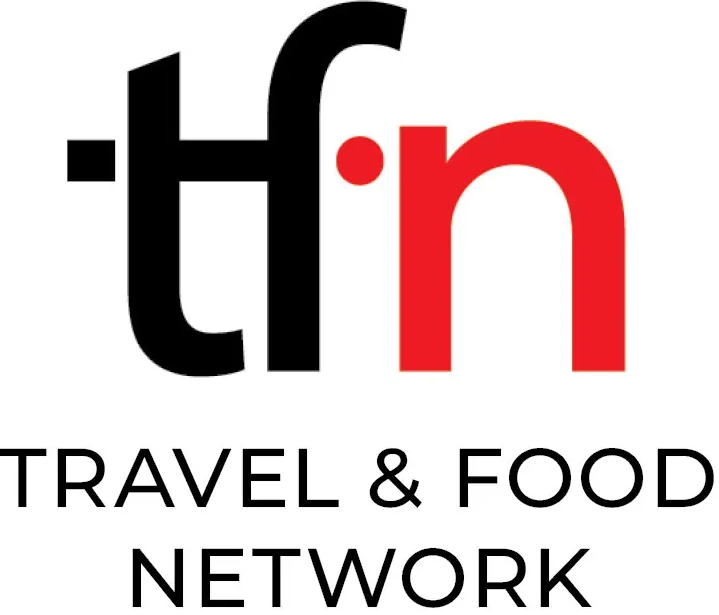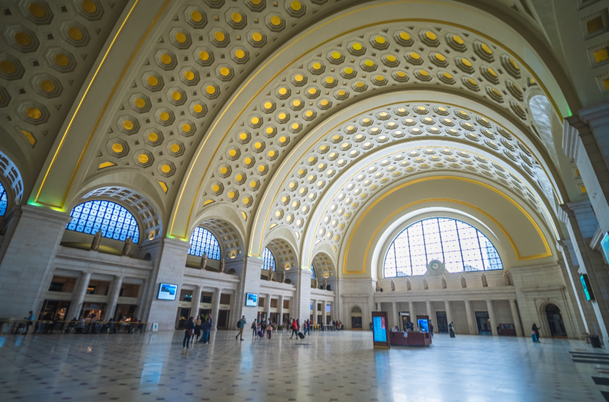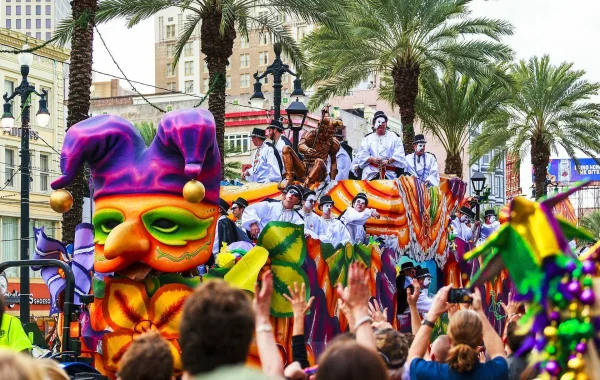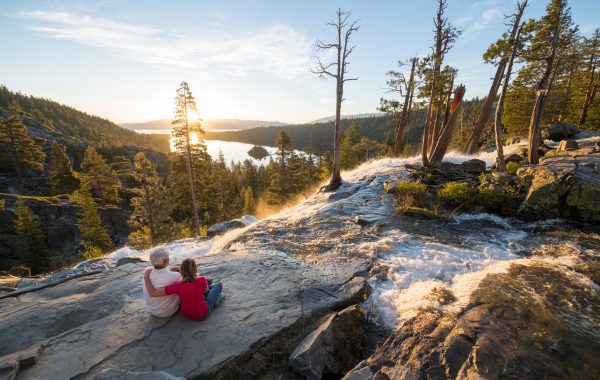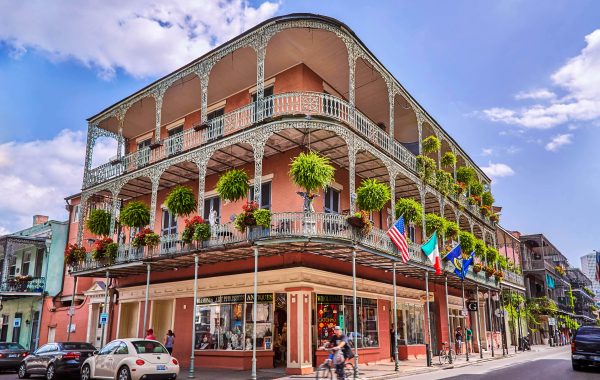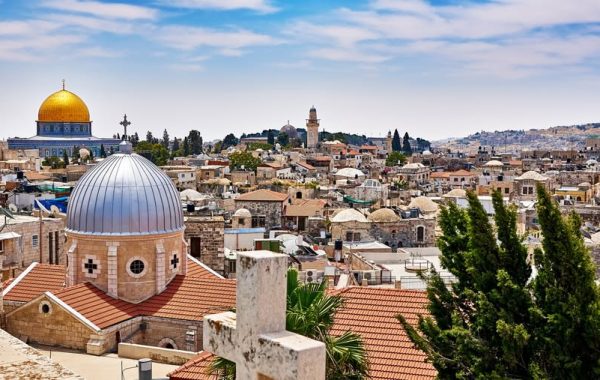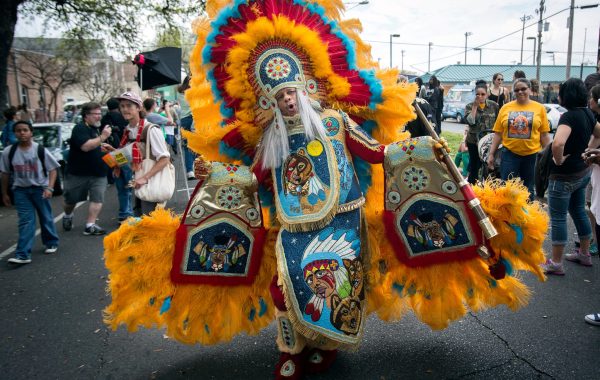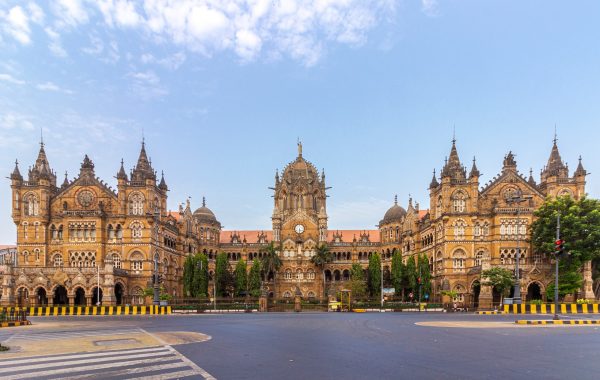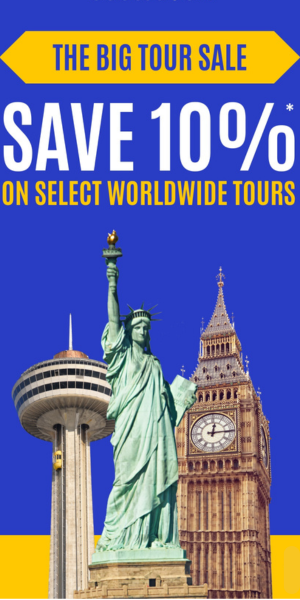If you’re planning a vacation to Washington, DC – this guide will offer green travel tips to help you reduce your environmental impact.
Being greener on vacation doesn’t require a lot of extra planning or effort. Use these tips to enjoy a sustainable stay in Washington, DC.
1. Choose a more environmentally friendly form of travel
Consider taking the train or bus for your trip to Washington, DC. Union Station, one of the largest transportation hubs in the country, receives around 40 million visitors annually. Its stunning architecture, diverse shopping and dining options, and extensive transit connections make it a popular choice. Amtrak, a major rail provider at Union Station, has recently cut its greenhouse gas emissions by 20%, equivalent to removing approximately 51,251 cars from the road. Through initiatives like energy efficiency upgrades, better train handling, and more efficient locomotives, Amtrak has consistently reduced its fuel and energy use and aims to reach a 40% reduction in the next decade. Rail travel generates up to 83% fewer greenhouse gas emissions than driving and up to 73% fewer than flying, making Amtrak a top choice for eco-friendly travel. According to the 2021 U.S. Department of Energy Data Book, Amtrak is 46% more energy efficient than car travel and 34% more energy efficient than domestic flights.
Once you arrive to Union Station, you can hop on DC’s subway system, the Metrorail, with a dedicated Union Station stop serviced by the Red Line. The bus is equally as environmentally friendly, using significantly less fuel and exerting less carbon dioxide into the atmosphere than a plane. Choose from an array of options, including Megabus, Battle’s Transportation and Vamoose.
2. Book a sustainable hotel
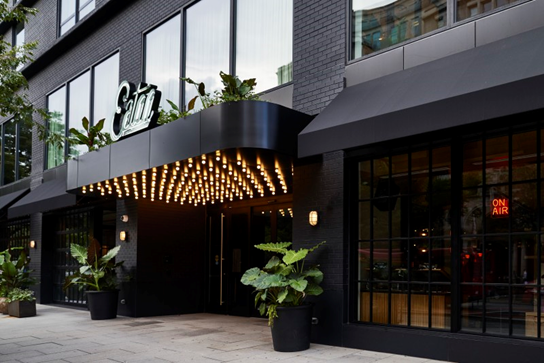
With an increasing number of LEED-certified hotels in the District, find a spot with environmentally friendly practices and amenities. The Motto by Hilton is a LEED Silver-certified hotel in the heart of Chinatown. While there, you will find refillable water stations throughout the hotel, a vegetated roof area for hosting events and smart LED lighting and air conditioning with infrared sensors that auto-shut when you are not in the room. The newly opened Eaton Hotel is another unique sustainable option. The LEED Gold-certified property features natural and organic mattresses, along with 100 percent natural bathroom amenities. The extensive rooftop houses an herb garden and wind turbine, while the cuisine at chef Tim Ma’s restaurant, American Son, is mindfully sourced, featuring organic meats and vegetable towers.
Also Read: Family Travel: 7 Fabulous Things to Do This Summer in Washington, DC
3. Walk or bike to navigate the city
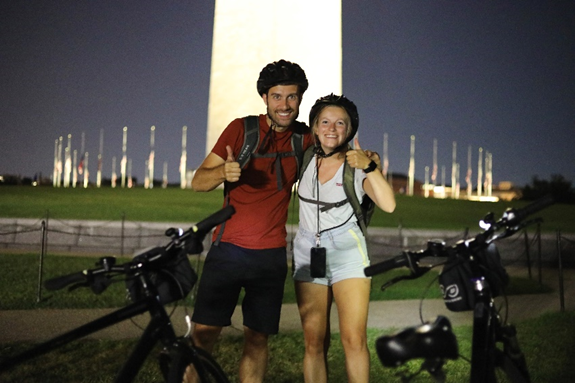
Walking and biking are among the greenest options and give you the advantage of immersing yourself in the arts and culture of the city, exploring more neighborhoods and passing through beautiful sustainable gardens such as the U.S. Botanic Garden’s Bartholdi Park. The region’s residents take advantage of these methods too, as 58 percent of commuter trips in DC are by bike, walking or public transit, according to Buildings Magazine. Washington, DC was the first city in North America to launch a bikeshare system, which now has more than 4,000 bikes and 500 stations. Capital Bikeshare is one of the most popular ways to get around, with a single trip costing only $2 and a 24-hour pass just $8. The first 30 minutes of each trip is free with a fee for each additional half hour. Visitors can easily get and return a bike at one of hundreds of stations. Or visit Unlimited Biking’s website for some interesting offers.
4. Seek eco-friendly tours
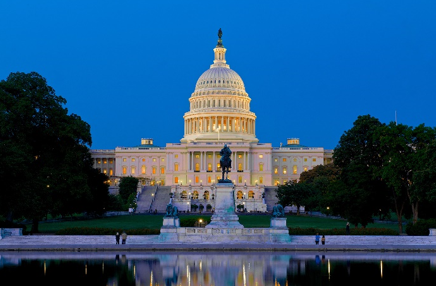
Washington, DC has plenty of options for tour guide services that value the environment. With the largest inventory of rental bikes in DC, Unlimited Biking allows locals and tourists of all ages to explore the city by day or night, including various tours like “Capital Sites” and “Monuments at Night” and seasonal offerings such as “Blossoms by Bike” and “Christmas on Wheels.” There’s also REI, which offers kayak and paddle rentals at National Harbor and hosts guided day tours and classes, including trips to Shenandoah National Park and New River Gorge in West Virginia.
Must Read: 48 Hours in Washington, D.C. | Travel and Food Guide
5. Eat local
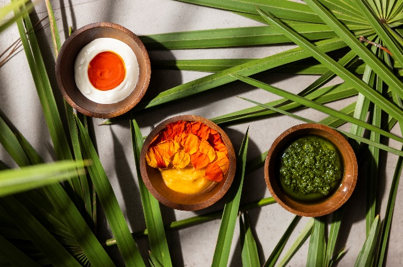
There are plenty of restaurants throughout the District that are good for the planet and good for you as well. Chaia, with two locations in Georgetown and Chinatown, brings its “farm-to-taco” philosophy to seasonal vegetarian tacos. A Baked Joint is a short walk from attractions such as the National Portrait Gallery and features local and organic produce, as well fresh bread made on-site. Head to NoMa, where you can explore Union Market’s more than 40 local vendors, including everything from locally-produced kombucha at Craft Kombuchato 100 percent plant-based Israeli street food fromShouk. Explore more delicious farm-to-table restaurants in DC such as the vegan and vegetarian restaurant Mita in NW Washington.
For latest travel news and updates, food and drink journeys, restaurant features, and more, like us on Facebook or follow us on Instagram. Read more on Travel and Food Network
Trending on TFN
A Spanish Odyssey: Trafalgar’s Unparalleled Best of Spain Itinerary
Imperial Splendors: Trafalgar’s 10-Day Sojourn in Prague, Vienna, and Budapest
